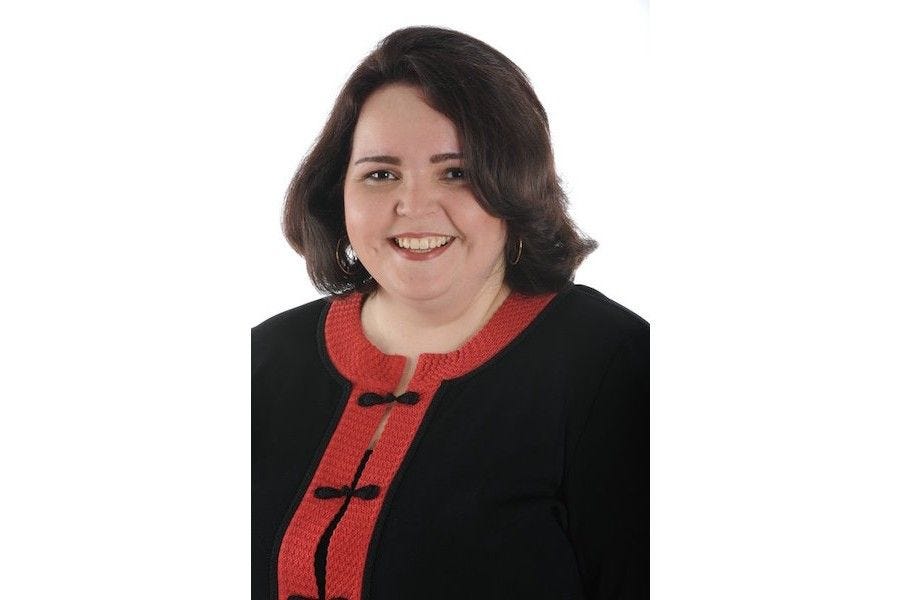
Since the overturn of Roe v. Wade earlier this year, much ink has been spilled in pro-life circles about the need to support women in difficult pregnancies.
But these efforts must not only be institutional - they must be personal, says Kathryn Jean Lopez, a senior fellow at the National Review Institute, editor-at-large of National Review magazine, and c…
